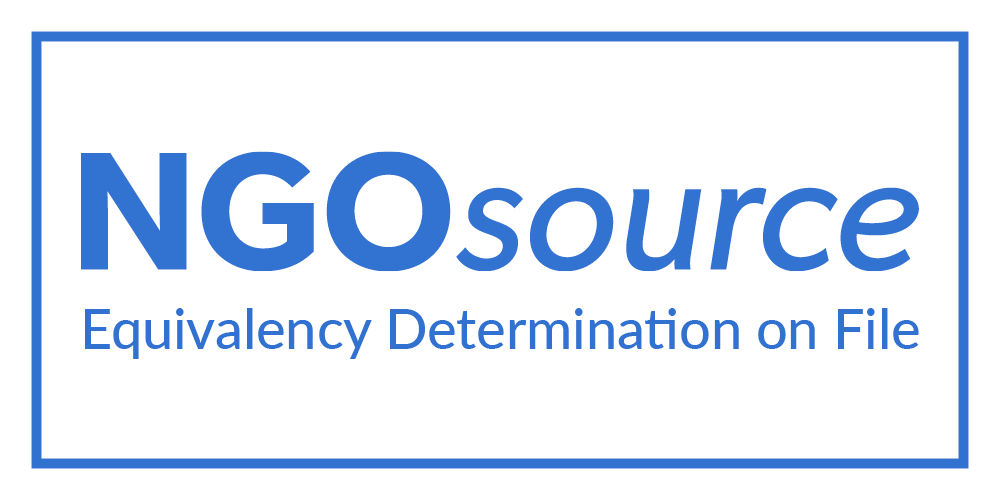There’s one thing that often goes unnoticed when discussing arts. The arts are not always about artworks. It’s also about how to make the arts ecosystem beneficial for its inhabitants. Therefore art activists must be aware of art advocacy.
In pursuing that vision, the Indonesian arts coalition, Koalisi Sen, has initiated the Indonesian Art Policy Advocacy Class (AKSI).
Guided by experts from the Jentera Indonesia School of Law (STH Jentera) and Koalisi Seni, the AKSI Class aims to enhance the understanding of the importance of promoting art policies which favour art workers. The participants are made aware of how public policy influences the sustainability of the arts ecosystem.
By participating in the AKSI Class, participants learn the current status of art in Indonesia. They are expected to observe the state of art in their own regions and connect the findings with their understanding of art policy. The participants also learned various perspectives from each other in the discussion which is helpful to encourage more inclusive arts policy.
Regina Meicieza from Tanahindie, member of Koalisi Seni, is one of the participants in the first AKSI Class which was held in July-August 2021. She believes some problems in the arts ecosystem in Makassar, South Sulawesi, need to be examined.
“These include very strong local government political competition, limited access to funding, including unequal distribution of grants from the city government because there are already ‘regular’ art institutions, and the art ecosystem which is still growing and finding its form,” she said in an interview on October 18, 2021.
By attending AKSI Class, Regina has realised that art advocacy is a systematic, planned, and sustainable movement. “I realised this when I heard from fellow classmates who shared their advocacy experiences in their region,” he said.
Like other movements, the effort to create a healthy art ecosystem is a collective struggle. “In doing advocacy, artists cannot do it alone. They have to mingle, gain networks, be strong, be supportive, and be able to accelerate the improvement of the ecosystem,” said Regina, who thought the AKSI Class as the proper medium to strengthen the network.
Meanwhile, Temanku Lima Benua, the 16 years old girl and also the youngest member of Koalisi Seni, also shared her experience as a participant in AKSI Class. Living in Klaten, Central Java, she highlighted the impact of Covid-19 on the arts in her hometown. “During the pandemic, the visual arts sector in the region struggled a lot. The Law on the Advancement of Culture, which was ratified four years ago, seems to be scared of the pandemic,” said the teenager who is also known as Liben.
While attending AKSI Class, Liben was faced with the fact that Klaten did not suffer alone. Through her experience, she is more optimistic that the arts ecosystem in each region can rise slowly and shine again. As Liben recognises the importance of inter-regional conversations like she found in the AKSI Class, she also hopes the AKSI Class can always go on.
Based on the experiences of Regina and Liben, the AKSI Class is pivotal as it broadens the art activists’ horizons about the condition of the arts ecosystem in the country. The class also facilitates participants to have dialogue with each other and share their experiences.
The second batch of the AKSI Class has just ended on October 25, 2021. The next AKSI Class will be open to the public throughout the year. Don’t hesitate to join and let’s always strive for a more just, open, and safe arts ecosystem for all.
(Written by: Ghina Prameswari Prabowo, Translation: Moyang Kasih)




